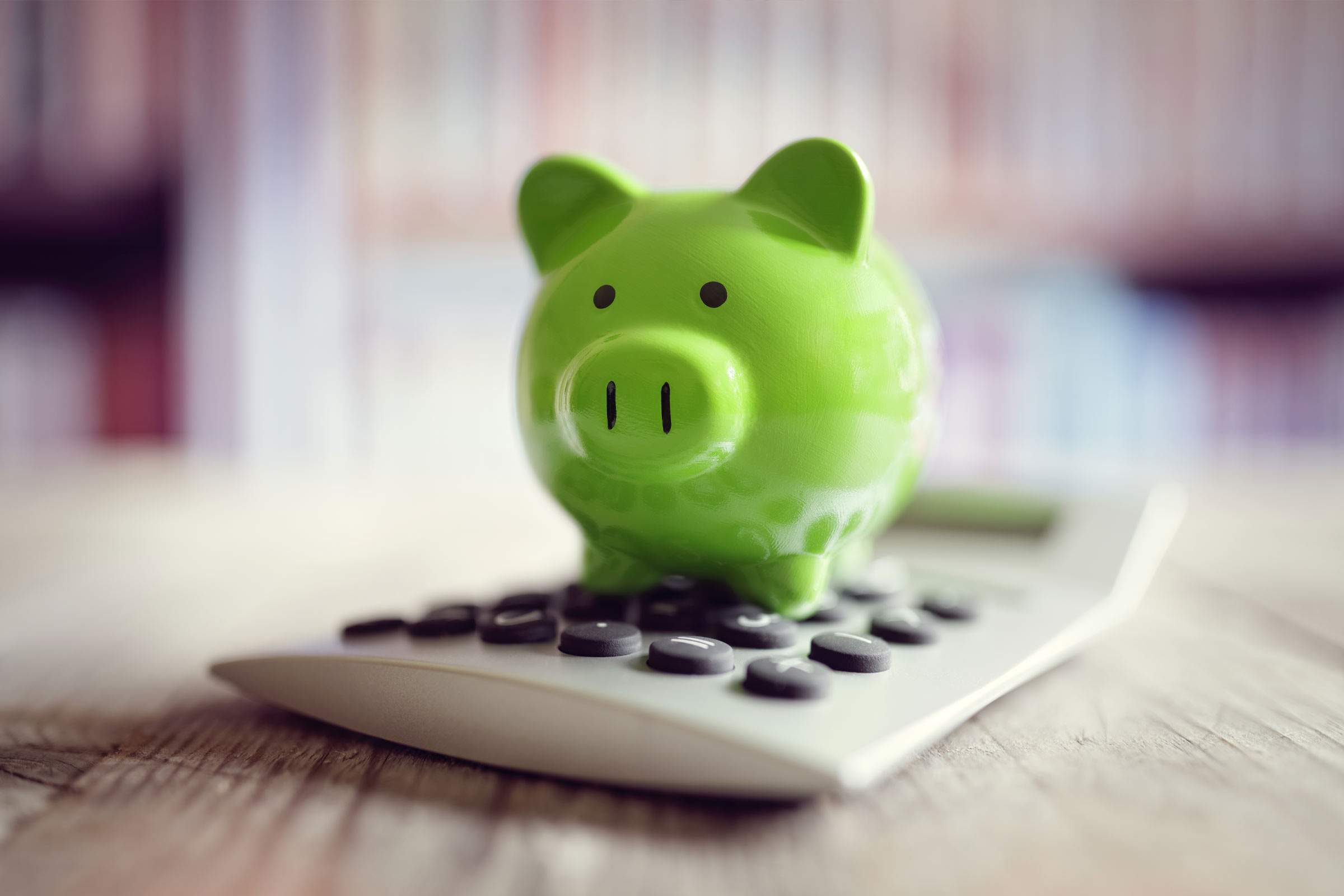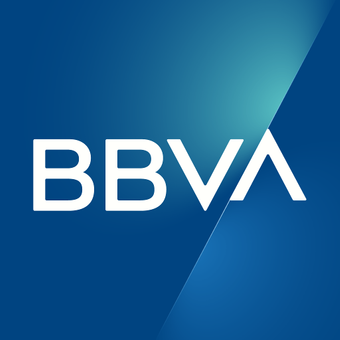Conoce la relación entre tus ingresos y gastos

Conoce la relación entre tus ingresos y gastos
Este pódcast está locutado con la ayuda de herramientas de Inteligencia Artificial.
Tradicionalmente, la literatura y el cine equiparan en sus historias al ahorrador con un ser nada agradable: estamos ante el arquetipo del tacaño. Todo el mundo tiene en la cabeza al seco Scrooge de Cuento de navidad, pero nada más lejos de la realidad en lo que a ahorro se refiere, cuando de lo que se trata es de ser conscientes de la relación que existe entre nuestros ingresos y nuestros gastos; y de tener unas finanzas sanas y preparadas para hacer frente a los imprevistos.
Ahorrar no es solo apartar una pequeña cantidad de dinero cada mes, no es meter alguna moneda suelta en la hucha que has destinado al viaje que siempre quisiste hacer, sino que es toda una filosofía de vida, una mentalidad de persona… podemos decir que “astuta”, que prioriza el futuro sin privarse de disfrutar el presente. Ahorrar es vencer la tentación de lo superfluo y fomentar un estilo de vida sensato, donde cada euro sea importante y tenga un propósito mayor.
Si has tenido alguna vez la sensación de no saber cómo se te va el dinero, debes tener en cuenta que para controlar la situación lo primero es elaborar un presupuesto mensual detallado. Lo primero que tienes que hacer es listar todos los ingresos: nóminas, rentas o beneficios de tu negocio; y lo segundo que tienes que hacer es categorizar los gastos en fijos imprescindibles, como la vivienda; variables necesarios, como compras en alimentación, hogar y transporte; y gastos discrecionales, como ocio o restaurantes.
Este presupuesto te permitirá visualizar claramente la relación entre lo que ganas y en qué se va tu dinero. Siempre es recomendable aplicar la conocida regla 50/30/20. Se trata de destinar el 50 % de tus ingresos a gastos fijos y necesidades básicas, como la vivienda, servicios y alimentos. Y no más del 30 % para gastos discrecionales de ocio y entretenimiento. El 20 % restante debería ir dirigido al ahorro.
Quizá se puede pensar que destinar el 20 % de tus ingresos para ahorros suena bastante ambicioso, pero la clave está en priorizar el ahorro sobre otros gastos. Tan pronto como recibas tus ingresos, puedes separar automáticamente ese 20 % en una cuenta de ahorros. Para asegurarnos de que llegado el caso no tendrás falta de liquidez, hay que tratar el ahorro como un "gasto" más en el presupuesto, no como el resultado de lo que simplemente queda sin gastar al final del mes.
Si el problema que te acusa es que te asaltan los gastos innecesarios o "fugas" en el presupuesto, hay que revisar con detalle los gastos variables y discrecionales para detectar áreas de posible reducción. Pequeños ahorros en compras, suscripciones que no usas, gastos en caprichos, impulsos de compra innecesaria en el supermercado... todo eso cuenta y puede ayudar. Aquí hay que prestar atención a los “gastos hormiga”, compras del día a día de productos que no están planificados y no parecen ser importantes, pero que son una fuga de presupuesto constante y que, aunque sean mínimos, muchas veces resultan perjudiciales para las finanzas personales.
También se pueden aprovechar herramientas digitales como Mi día a día de la app de BBVA, que te ayuda a controlar mejor tus gastos o a fijarte metas de ahorro. Hay que recordar que el ahorro sin un propósito claro puede ser más difícil de mantener de manera consistente. Por eso, las metas de ahorro son fundamentales. Ya sea para una meta a corto plazo, como unas vacaciones o cambiar de sofá; una a medio plazo, como la adquisición de un automóvil o una casa; o una a largo plazo, como el objetivo de ahorrar para la jubilación… cuantificar y priorizar esas metas te motivará a ahorrar mejor y distribuir tus ahorros de manera más inteligente.
Las aplicaciones financieras hoy en día son indispensables para esto. Permiten categorizar y llevar un registro automático de tus movimientos, identificar patrones de gasto, crear presupuestos detallados, e incluso habilitar funciones de ahorro automático. Esta opción también la ofrece BBVA, gracias al redondeo de compras o la posibilidad de insertar reglas para destinar una parte de tu nómina al ahorro de manera automática con la Cuenta Metas.
Si estás poco motivado para ahorrar, puedes convertir la experiencia en un juego donde tú y tu familia ganáis puntos, insignias o premios que vosotros mismos podéis establecer y otorgar por cumplir metas de ahorro o por conseguir la reducción de gastos específicos. Una vez que vayas consiguiendo esas pequeñas metas a corto plazo, se convertirá en un hábito, y será más fácil que estéis motivados para ser conscientes de que la relación entre ingresos y gastos tiene que ser equilibrada.
Una técnica antigua pero efectiva es asignar sobres de efectivo para cada categoría de gastos. Por ejemplo, un sobre para alimentación, otro para gasolina, otro para ocio, etc. Una vez que se termina el dinero de un sobre, no hay más para esa categoría ese mes. Este método físico y visual puede ayudar mucho a concienciar sobre los gastos más superfluos. También puede resultar muy útil la funcionalidad ‘Apartados’ de BBVA, que te permite ahorrar desde tu propia cuenta apartando una cantidad concreta de dinero, sin necesidad de abrir nuevas cuentas. Para crear el apartado, solo hay que ponerle un nombre, decidir cuánto dinero quiere separar y elegir la cuenta en la que se va a crear.
También se puede practicar periódicamente un "gasto cero" donde evitar cualquier compra innecesaria durante dos o tres días. Esto nos obligará a encontrar alternativas económicas y reforzará nuestros hábitos de contención de gastos.
Debemos intentar desterrar cualquier idea que relacione necesariamente el ahorro con la tacañería, cuando de lo que se trata es de tener iniciativa, y una actitud abierta, hacia el ahorro inteligente. Porque de este modo, al terminar nuestra historia, nos espera un final feliz mucho mejor que el de Scrooge: la tranquilidad de saber que habremos conseguido proteger nuestros sueños.
